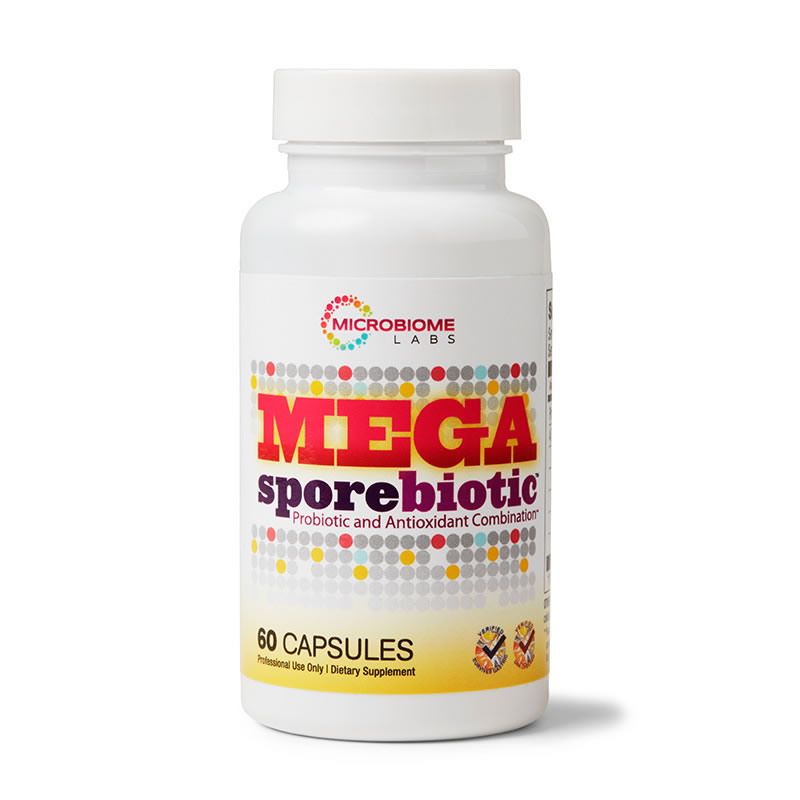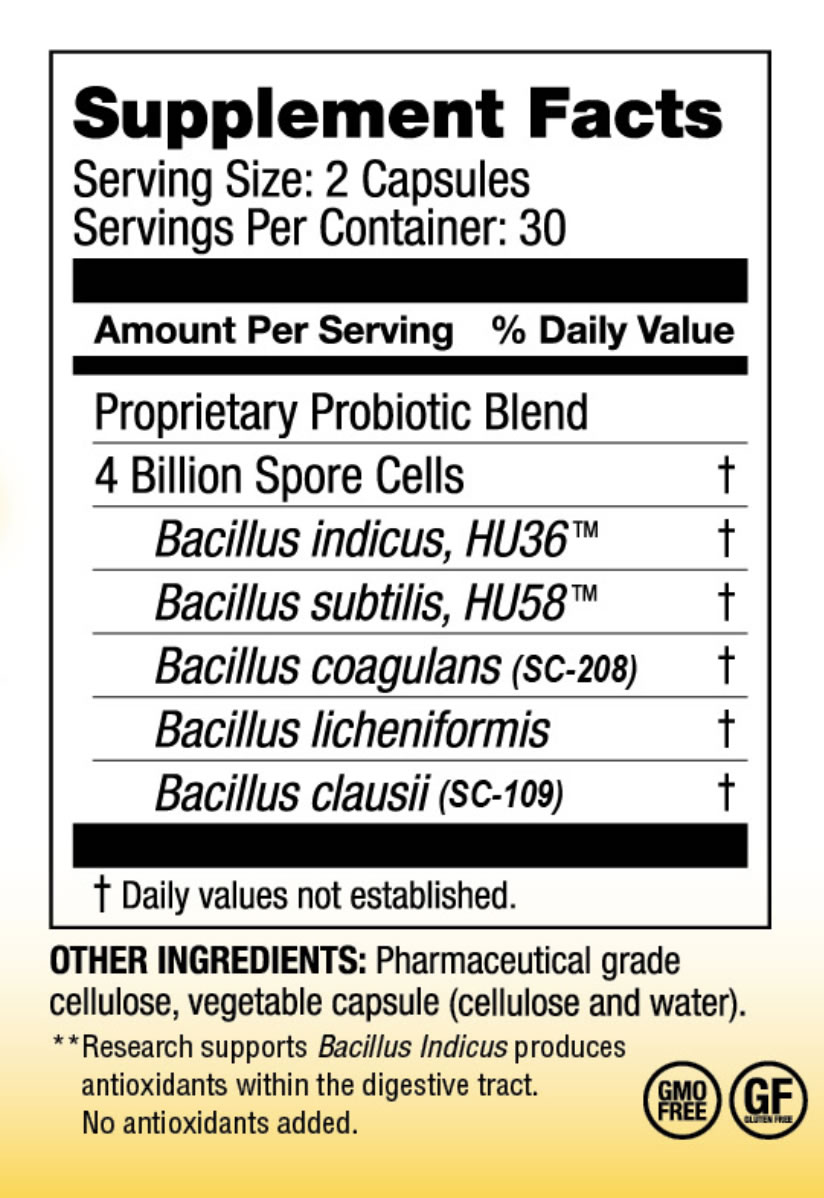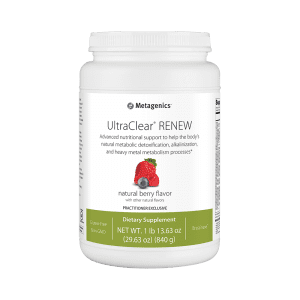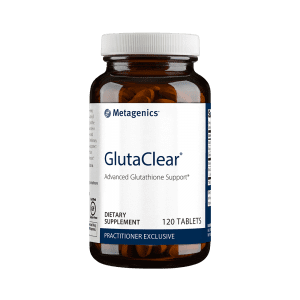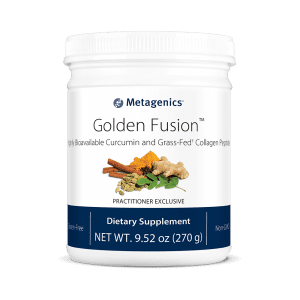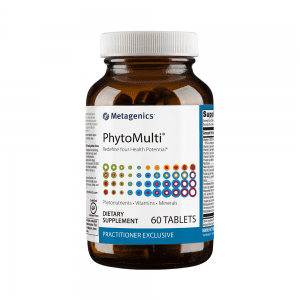Description
MegaSporeBiotic is the first all-spore, pharmaceutical grade probiotic that survives the gastric environment naturally. It is a foundational nutritional food that provides true probiotic benefits.
MegaSporeBioticTM introduces HU36TM, the first commercially available carotenoid rich probiotic. This strain naturally produces forms of lycopene, astaxanthin, zeaxanthin, beta carotene and lutein in your digestive tract right at the site of absorption. This makes them the most bioavailable antioxidants known to science.
To learn more, read the patient handout here and check out the dosing guidelines here.
*Always ask your physician before starting this or any supplement protocol. The information on this page does not serve as medical advice. Although probiotics are generally well tolerated, these practitioner-grade products should be used with caution in elderly, immunocompromised, toxic and infected (including Lyme, Candida, GI) individuals. A strong die-off reaction is possible even at a low dose in these cases. Consult your physician prior to purchase.

